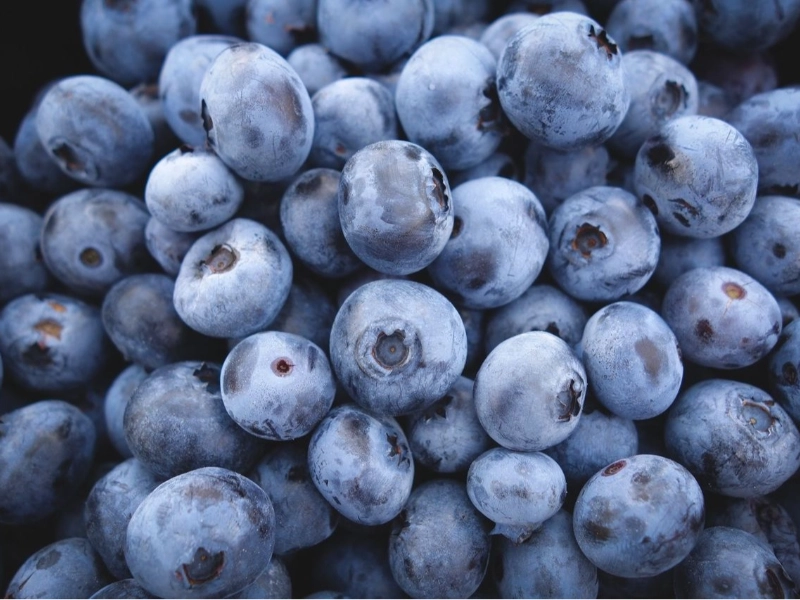Blueberries: The Journey to Superfood Status - A Scientific Analysis of Their Nutritional Value
Advertisement
3. Antioxidant Power: The Key to Blueberries' Superfood Status

Advertisement
Blueberries' superfood reputation is based mostly on their remarkable antioxidant load. Compounds known as antioxidants shield our cells from damage brought on by free radicals, unstable chemicals linked to ageing and diseases including cancer, diabetes, and heart disease. Not only are blueberries loaded in antioxidants; they are among the fruits and vegetables with the most antioxidants.
Blueberries contain mostly a family of flavonoids known as anthocyanins, which are the main antioxidants. Blueberries get their rich blue hue from these pigments. Research on the possible health advantages of anthocyanins—which have been well investigated—suggests they could help lower inflammation, boost cardiovascular health, and possibly even improve cognitive ability.
The Oxygen Radical Absorbance Capacity (ORAC) score is one approach to assess food antioxidant capacity. Among common fruits and vegetables, blueberries routinely score close to the top of ORAC ratings. For example, compared to 6,552 for farmed blueberries, which is still rather high, a cup of wild blueberries has an ORAC score of almost 9,621.
Blueberries' antioxidant strength transcends their anthocyanin concentration. Along with other potent antioxidants such quercetin, kaempferol, and myricetin, they also include These substances cooperate to offer a wide spectrum of antioxidant defence. For instance, quercetin has been related to lower risk of heart disease and less inflammation; kaempferol has demonstrated possible anti-cancer effects in laboratory research.
Blueberries' antioxidants are very powerful because of their bioavailability, or degree of absorption and usage by the body. Blueberries' easily absorbed antioxidants have been demonstrated in studies to raise blood antioxidant levels. Blueberries thus immediately increase your body's capacity to combat oxidative stress.
Blueberry variety, growth circumstances, and ripeness will all affect the antioxidant value of the fruit. Generally speaking, wild blueberries have more antioxidants than cultivated types, probably because of the more demanding growing conditions that boost the synthesis of beneficial chemicals.
Though blueberries have an amazing antioxidant concentration, it's not only about quantity but also about the variety of antioxidants there are. Blueberries' several antioxidants cooperate in intricate ways to perhaps provide advantages above their individual components. One of the reasons whole blueberries are sometimes advised over isolated antioxidant pills is their combined action.
Blueberries' strong antioxidant profile adds much to its superfood classification. These antioxidants might assist to prevent chronic diseases and enhance general health by aiding the body to fight oxidative stress and inflammation. The reputation of blueberries as a superfood is probably going to get even more strong as studies keep revealing the ways in which these molecules improve our health.
You May Like
Advertisement

